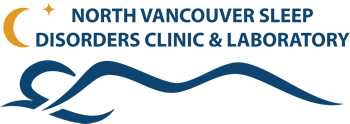Excessive Sleepiness
- Home
- Sleep Disorders
- Excessive Sleepiness
Excessive Sleepiness
Excessive daytime sleepiness (EDS) is a condition where you feel overly tired during the day, even if you had enough sleep at night. It's not just the normal tiredness/fatigue you might feel after a short night sleep or a busy week. With EDS, you may struggle to stay awake during routine activities, like working, driving, or even eating. This can affect your ability to focus, perform tasks, or remember things, and it might lead to feelings of irritability or anxiety. It's a common symptom of various sleep disorders, including sleep apnea, narcolepsy, and insomnia, but can also occur on its own.
What causes excessive daytime sleepiness?
EDS could be caused by both lifestyle and medical reasons. People who are excessively sleepy may not get enough hours of sleep or have poor sleep hygiene.
Lifestyle factors like consuming too much caffeine, alcohol, or having an irregular sleep schedule can disrupt your normal sleep patterns, leading to EDS.
Some cases of excessive daytime sleepiness are caused by medical disorders, including:
- Sleep apnea
- Restless leg syndrome/limb movements in sleep
- Depression
- Head injury
- Fibromyalgia
- Chronic Fatigue Syndrome
- Restless leg syndrome
- Narcolepsy
- Thyroid disorders
- Medication side effects
If you're experiencing EDS, it's important to evaluate your sleep habits and overall health. Keeping a sleep diary, noting when you go to bed, how long it takes to fall asleep, any awakenings during the night, and how you feel in the morning, can be helpful. If lifestyle changes like improving sleep habits, managing stress, or adjusting your diet (alcohol, caffeine) don't help, it's a good idea to consult a healthcare provider. They can help determine if a sleep disorder or other medical condition is the cause and recommend appropriate treatment. Getting to the root of the problem is essential, as EDS can impact your daily life and increase the risk of accidents or injuries.
